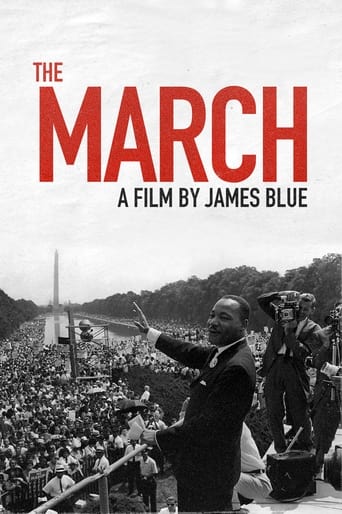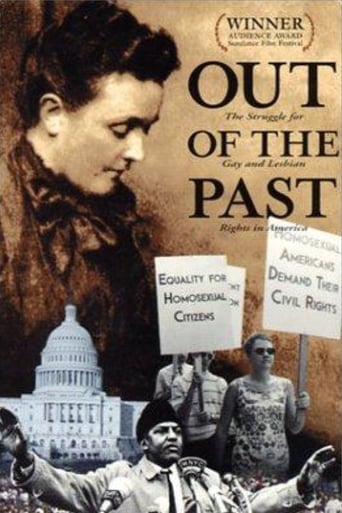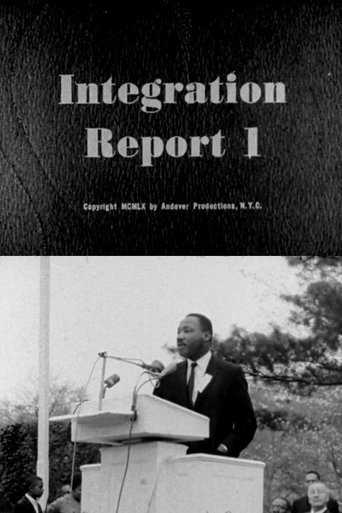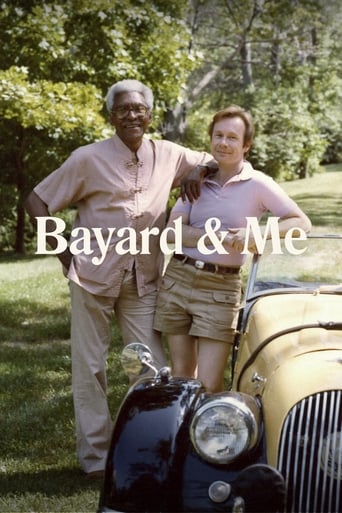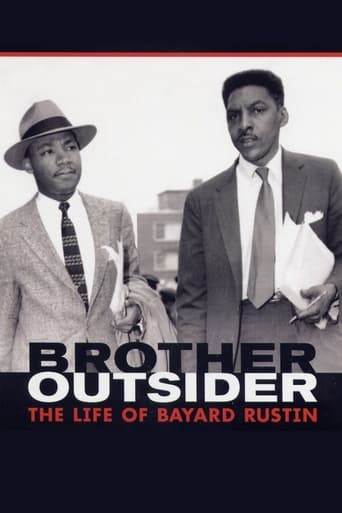The March
Dec 31, 1964The March, également connue sous le nom de The March to Washington, est un film documentaire de 1964 de James Blue sur la marche des droits civiques de 1963 à Washington. Il a été réalisé pour l'unité Motion Picture Service de l'Agence d'information des États-Unis pour une utilisation en dehors des États-Unis - la loi Smith-Mundt de 1948 empêchait les films de l'USIA d'être diffusés à l'échelle nationale sans une loi spéciale du Congrès. En 1990, le Congrès a autorisé la distribution de ces films aux États-Unis douze ans après leur sortie initiale. En 2008, le film a été sélectionné pour être conservé dans le National Film Registry des États-Unis par la Bibliothèque du Congrès comme étant "culturellement, historiquement ou esthétiquement significatif".
Documentary
